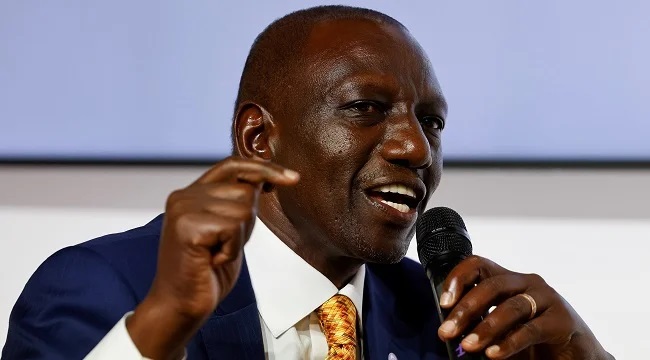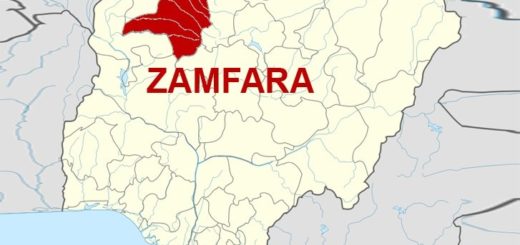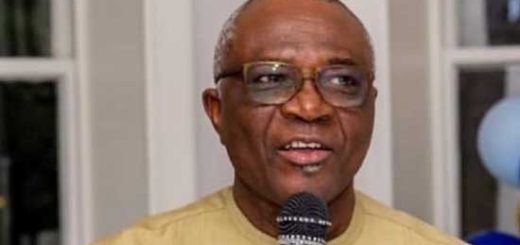Kenyan Government Reinstates Fuel Subsidy After Months Of Violent Protests
Kenya has reinstated a small subsidy to stabilise retail fuel prices for the next 30 days, the energy regulator says.
This is a reversal of Ruto government’s policy after public anger over the high cost of living, AlJazeera reports.
After taking office in September, President William Ruto removed fuel and maize flour subsidies put in place by his predecessor, saying he preferred subsidising production rather than consumption.
Announcing the end of fuel subsidy, Ruto said subsidies were a temporary solution to a permanent problem and that they were unsustainable. “We did away with the subsidies in August and I am happy that we have saved our economy a huge amount of money.”
Instead, he announced a substantial subsidy on fertiliser which would be made available to the country’s farmers to help them grow more food and thus reduce the cost of living. The government announced a new price of KShs3,500 ($27) for a 50Kg bag of fertiliser against the market price of KShs6,500 ($50).
The move was also aimed at cutting government spending as the government seeks to get a handle on debt repayments that have forced it to deny market speculation about a possible default, AlJazeera reports.
But the subsidy cuts as well as recent tax hikes have increased living costs and contributed to violent anti-government protests in recent months.
The Energy and Petroleum Regulatory Authority (EPRA) said late on Monday that the maximum retail price of a litre (0.26gal) of petrol would remain constant at 194.68 shillings ($1.35), shielding consumers from an increase of 7.33 shillings ($0.05), which the government will shoulder through a price stabilisation fund.
Retail fuel prices are set in the middle of each month. The government also applied small subsidies on kerosene and diesel, EPRA said.
The regulator did not provide an explanation for the government’s decision. Officials from EPRA, the Ministry of Energy, and the National Treasury and Economic Planning did not immediately respond to requests for comment.
Fuel prices shot up when Ruto removed the subsidies. They spiked again in July after the government pushed a contentious law through parliament that doubled the fuel tax.
The protests organised in response to that law were called off last month after the opposition and Ruto agreed to talks to resolve their differences, the second such attempt this year.
Both sides agreed that opposition to a financial bill signed into law in June “should be decided in court”, where it is being challenged by the opposition. In July, an appeals court lifted a suspension placed on a law that would double the value-added tax on fuel and introduce a new housing levy.
Like Kenya, Nigeria also removed fuel subsidy, which has also led to high cost of goods and services.
Major labour unions have threatened national strike if the government fails to significantly increase salaries and provide palliatives to cushion the effects of the policy.














